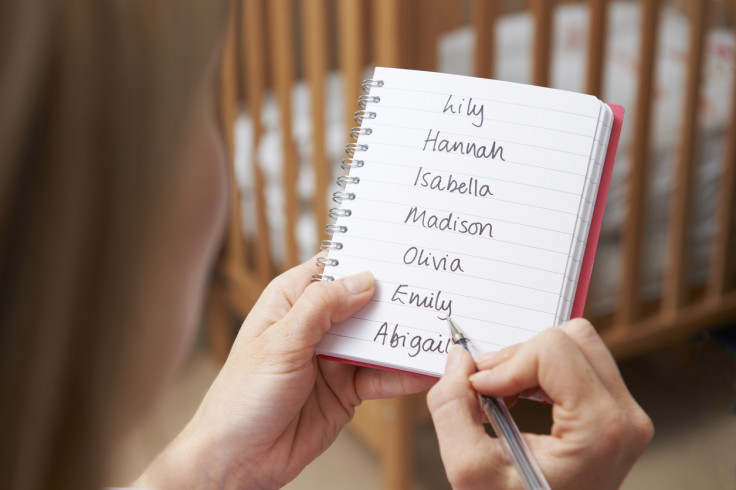Do you look like your name?
People can predict the name of a stranger based on his/her face, significantly above chance level.

The way you look may well reflect your name, a study has found. Scientists discovered people can match names to the faces of strangers with surprising accuracy.
Years of sociological research have revealed that names can convey a wealth of information about a person's social background. Many cultural stereotypes are attached to names.
Separate studies have also shown that our looks affect people's perceptions of us. Whether they see us as attractive, intelligent, or trustworthy, our faces often shape people's judgement of who we are.
In a paper now published in the Journal of Personality and Social Psychology, scientists have combined both areas of research and have discovered that social perceptions may have an impact on how we look.
Our given names may in particular carry social stereotypes that can be manifested in our facial appearance.
Matching faces with names
Lead author Yonat Zwebner at The Hebrew University of Jerusalem and colleagues conducted eight separate studies, involving hundreds of participants in Israel and France. The different experiments were set up to answer two main questions: whether people can accurately predict a person's name based only on a headshot and what the underlying process leading to this matching effect is.
The first experiments involved providing participants, both in France and Israel, with a list of names and having them match pictures of faces with the names they believed reflected facial appearances better.
The scientists found that participants examining an unfamiliar face accurately predicted the person's name, significantly above chance level. Their hypothesis is that this effect is mediated by cultural stereotypes associated with names – but these cultural stereotypes are culture-specific.
Indeed, the French students were better at matching only French names and faces and Israeli students were better at matching only Hebrew names and Israeli faces.
Another study was based on the use of an algorithm which essentially replaced the participants in associating names with faces. More than 94,000 images were analysed by the computer, also succeeding in the task with a 54 -64% accuracy.
The researchers believe it is possible that people change their appearance without being aware of it, to match social norms carried by their names. One study in particular backed up this idea, showing that hairstyle, something that can be changed by individuals easily, was enough to guide people in accurately guessing their names.
"Prior research has shown there are cultural stereotypes attached to names, including how someone should look. For instance, people are more likely to imagine a person named Bob to have a rounder face than a person named Tim. We believe these stereotypes can, over time, affect people's facial appearance", Zwebner concluded.
© Copyright IBTimes 2025. All rights reserved.






















